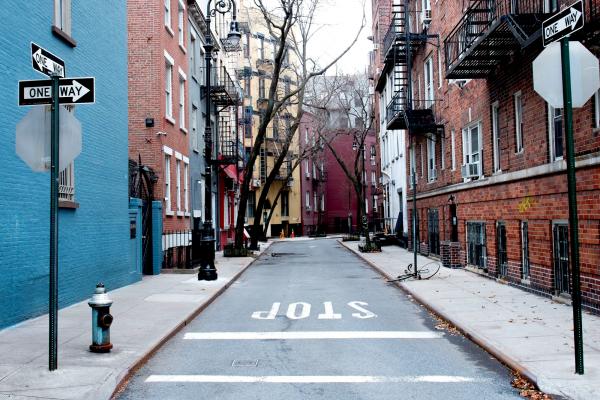IT IS EASY to feel overwhelmed or paralyzed by the systemic nature of how money and development works, or—if you are a gentrifier yourself—to feel guilty to the point of inaction. While each neighborhood and context may differ, individual Christians and congregations can live into beliefs and practices that help address the crisis of mass displacement in the U.S.
1. Be Your Neighbor’s Keeper
Pastor Mark Strong believes the best thing Christians in a gentrifying city can do is to hear and understand the stories of their neighbors. In Portland, he says, most of the African-American churches have suffered in silence. White Christians have not been aware of the crisis taking place next door to them. Intentional relationships and active listening can begin to remedy this.
Finding and investing in ongoing relationships with people most at risk of displacement is vital. There are myriad ways to do this: living in lower income apartments, investing in the public schools, seeking out community organizers and grassroots nonprofits—and learning from local churches with long-term roots in the community.
2. Know the Plan
Tim Keller advises people moving into a neighborhood at risk of gentrifying to see if a plan is in place to minimize displacement, and if not, to ask how one could be created. This plan—put together by the local government, nonprofit agencies, developers, and businesses, along with churches and community leaders—is vital to understanding both the issues specific to the neighborhood and ways to hold all accountable. Without a plan in place to shield properties and families from the market, middle-class and wealthier individuals will be directly contributing to gentrification.
Read the Full Article

